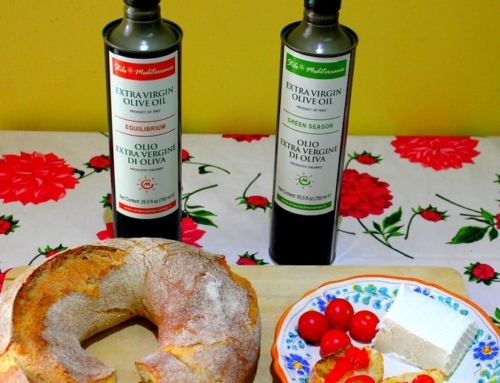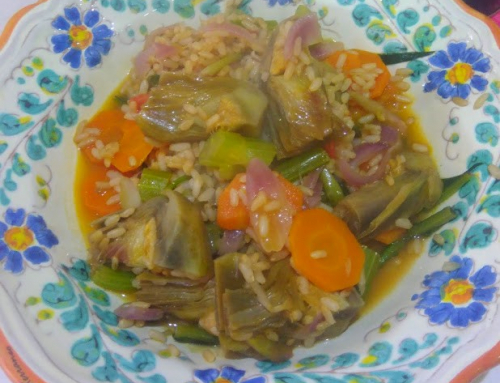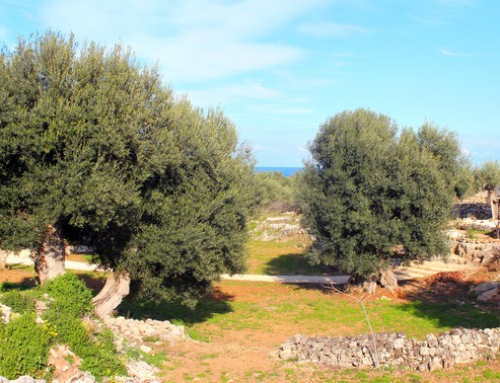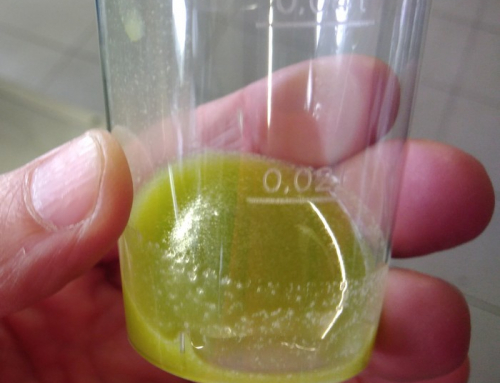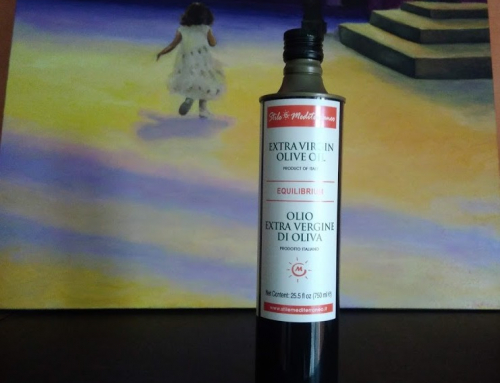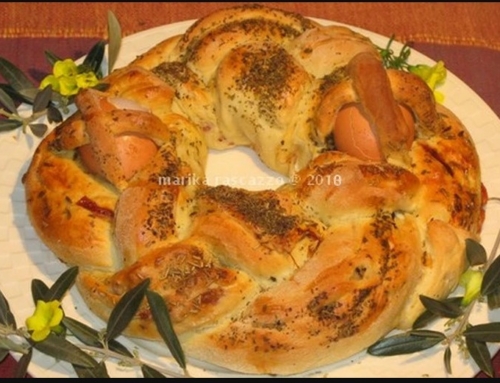A McKinsey research says that in 2015 we spent five trillion on food, with the food industry representing 10% of global consumer spending and 30% of greenhouse-gas emissions.
In 2019, we are expected to spend seven trillion on food.
Food does not simply nourish us. What we eat and how food is produced can have a huge economic, social and environmental footprint on the planet.
In January 2019, the EAT–Lancet Commission, an international team of scientists, has developed a “Planetary Health Diet” that addresses the need to feed a growing global population a healthy diet while also defining sustainable food systems that will minimize damage to our planet.
Broadly, the planetary health diet states that we should eat more fruit and vegetables, plant proteins (e.g. beans, peas, lentils, nuts), whole grains, unsaturated plant oils and less animal protein (such as red and processed meat), refined grains (white bread) and sugary food and drinks.
The Lancet report provides interesting information on how our current eating habits impact our health and the environment and makes a number of recommendations on how, achieving a global healthy and sustainable diet will require not only examining our diets but also how food is produced.
Our dietary habits, how we produce food and food wastage create a range of stresses on the planet which include greenhouse gas emissions causing climate change, loss of biodiversity and pollution. A growing body of evidence supports that a shift towards a more plant-based sustainable diet is needed to relieve these environmental pressures. Global warming is the greatest threat to the long-term health of both the population and the planet.
At Artisans of Taste, we want to make a difference by providing consumers with more information about an important ingredient of a plant-based sustainable diet: extra virgin olive oil.
Subscribe to our newsletters where we will tell you how EVOO should be produced by the farmers and how we can choose & use it so to enjoy its benefits on our health and the environment.
We need to become conscious consumers and know what we eat.
We, as consumers, have the power to make a difference on our health as well as on our planet.
